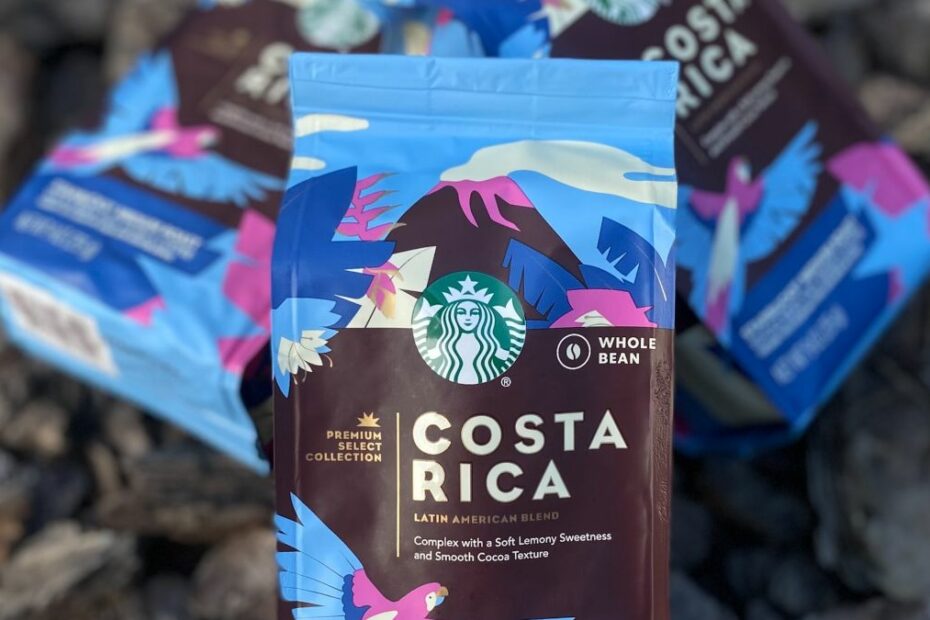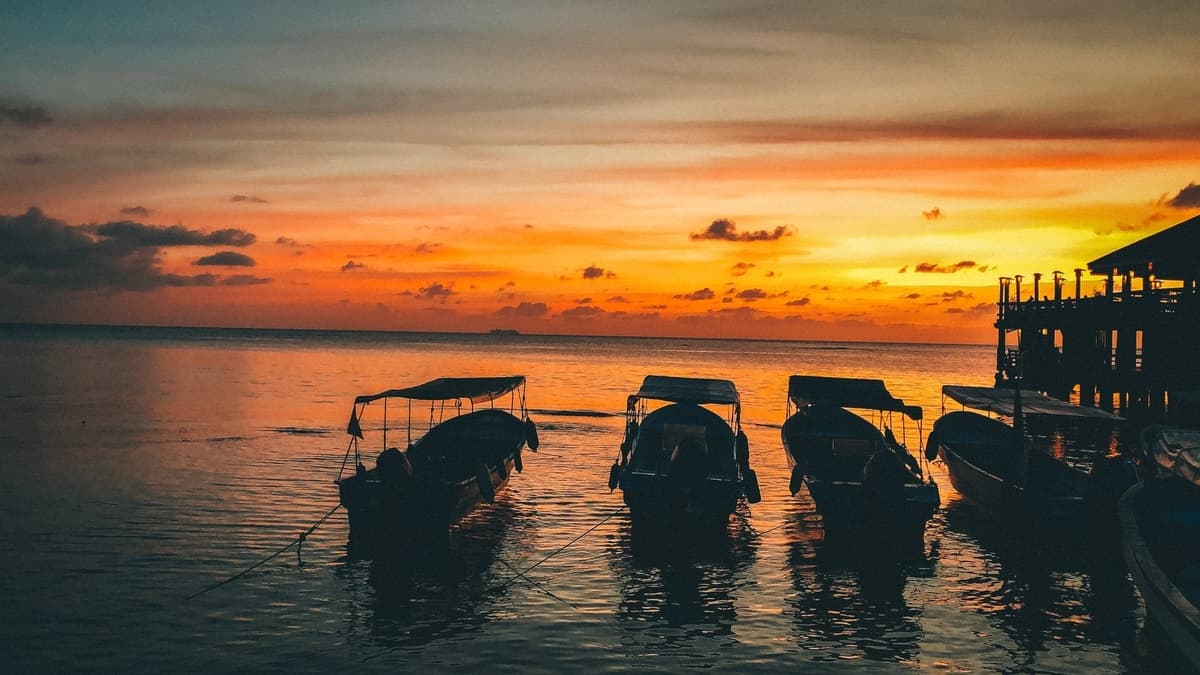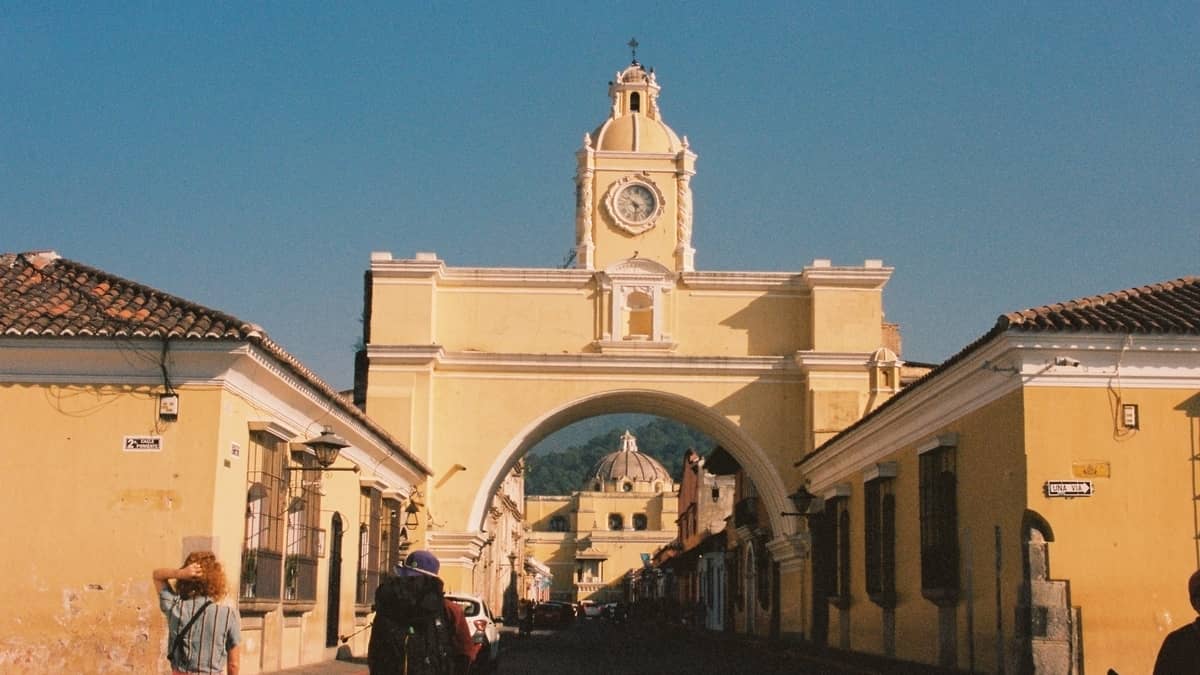Coffee is one of Costa Rica’s most famous and delicious exports. But beyond providing your morning fuel, is the Costa Rica coffee industry giving back? In the case of three organizations, the answer is a resounding yes! This article contains a link (or links) to Amazon, from which, as an Amazon Associate, this website will earn a small commission if you make any purchases. Some other links are also affiliate links, where we will also make a small commission if you purchase anything after clicking, at no extra cost to you.
Coffee is one of Costa Rica’s most profitable commodities.
The “golden beans” were first brought to Central America in the 18th-century, and they found ideal growing conditions. The mineral-rich volcanic soils, high altitude, and cool mountain climate were perfect.
When the government realized the economic potential of coffee, they offered free land to any coffee farmers willing to export. Production skyrocketed, and today Costa Rica is one of the most-respected and award-winning coffee producers in the world.
Coffee plays an important role in Costa Rican culture and enjoying an afternoon “cafecito” is a time-honored tradition.
With the boom of coffee exports around the world and the rise of top-chain cafes, coffee lovers now have more options than ever. Consumers now value coffee in a different way. Many look for higher-quality experiences and seek more socially-conscious brands.
Below are some examples of these ground-breaking brands at work in Costa Rica:
Hacienda Alsacia
In 2013, the coffee elephant in the room – Starbucks – Hacienda Alsacia, about an hour outside San Jose. It’s their first and only coffee farm in the world.
Hacienda Alsacia is a working coffee farm, complete with a new visitor center, open to the public. You can explore the journey of coffee, from seedling to cup in an easy half-day trip.
You can also witness firsthand the work they do with local farmers to promote sustainable practices and develop the next generation of coffee. They set aside 25 acres of Hacienda Alsacia for research teams to help develop the next generation of disease-resistant, high-quality coffee.
Committed to sharing information and resources with coffee farmers around the world, Starbucks has already donated thousands of seedlings cultivated from five new hybrid strains to Costa Rica’s coffee institute.
Hacienda Alsacia also hosts a Farmer Support Center. This center helps farmers learn how to grow coffee in a more sustainable way, using less water and less land.
The research here is ambitious. There is nothing less than the future of your cup of coffee at stake, as climate change forces farmers to adapt their growing practices.
View this post on Instagram
Bean Voyage
The issue of gender parity is big in the coffee industry. Women own 25% of the world’s coffee farms, form 70% of the workforce in the coffee supply chain, and earn 39% less than their male counterparts.
Bean Voyage isn’t a coffee company per se. It’s more of a non-profit organization on a mission to support women in Costa Rica’s coffee industry.
The NGO is a collective of entrepreneurs, economists, sociologists, activists, and coffee pros, all committed to training female coffee producers and transforming their businesses.
On each bag of Bean Voyage coffee, you’ll learn the name and story of the woman who produced it. Keep your eyes open in your nearest coffee shop or grocery store for the Bean Voyage brand.
View this post on Instagram
Café Britt
The Café Britt coffee brand is ubiquitous in Costa Rica’s grocery stores and airports.
Also, they’re becoming better known for their efforts to support wildlife conservation. Costa Rica is famous for its incredible flora and fauna. Café Britt is committed to environmental sustainability, especially to protecting native animals in Costa Rica.
The Mérito Jaguar Blend was Britt’s original contribution to conservation in Costa Rica, born out of a partnership with the Universidad Nacional de Costa Rica to improve the tracking of jaguars in national parks.
Sales were so successful that Britt announced a line of Hábitat blends to support other conservation efforts in Costa Rica.
One of the Habitat blends is Sloth Coffee. Much more than Costa Rica’s most adorable resident, sloths are essential to the health of the forests they inhabit. Purchases of Café Britt’s Habitat Sloth blend will help provide collars and transmitters to track rescued sloths upon their release.
View this post on Instagram
So how do you get your coffee fix and support Costa Rica at the same time?
That’s easy, drink the coffee.
Stop by Hacienda Alsacia and learn more about Starbuck’s efforts to develop and share research on disease-resistant, high-quality coffee.
Try out one of Bean Voyage’s women-powered blends. Ana Lorena’s dark roast is a must! And you’ll also make a powerful statement about supporting small businesses while empowering Costa Rican women.
Or request Britt’s Hábitat blend the next time you pass through the airport cafe. You’ll know you’re contributing to the conservation of Costa Rica’s cute and cuddly sloths.
With our world’s extensive consumption of coffee, selecting the right coffee is a small choice. But still an important choice, one that can impact our future.
Nuala Lawlor is a sometimes-Canadian diplomat, full-time mom/wife, and wannabe journalist living in San Jose, Costa Rica.




